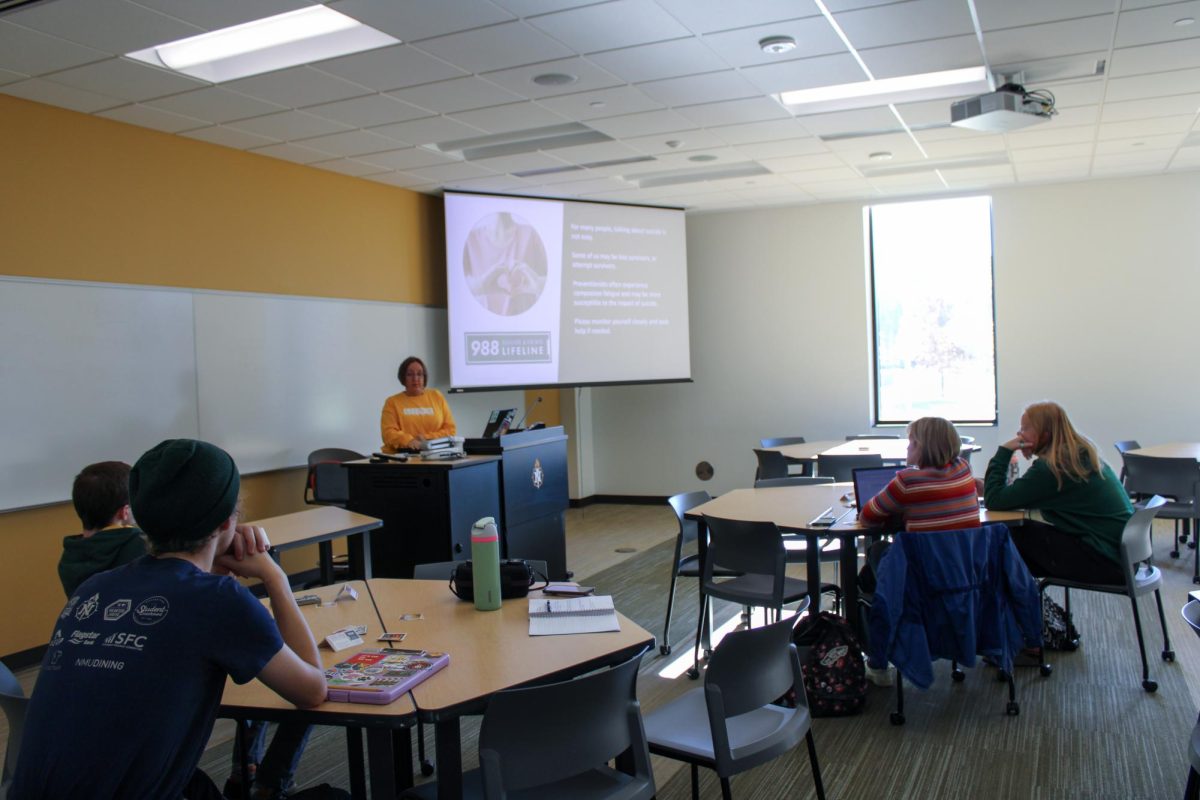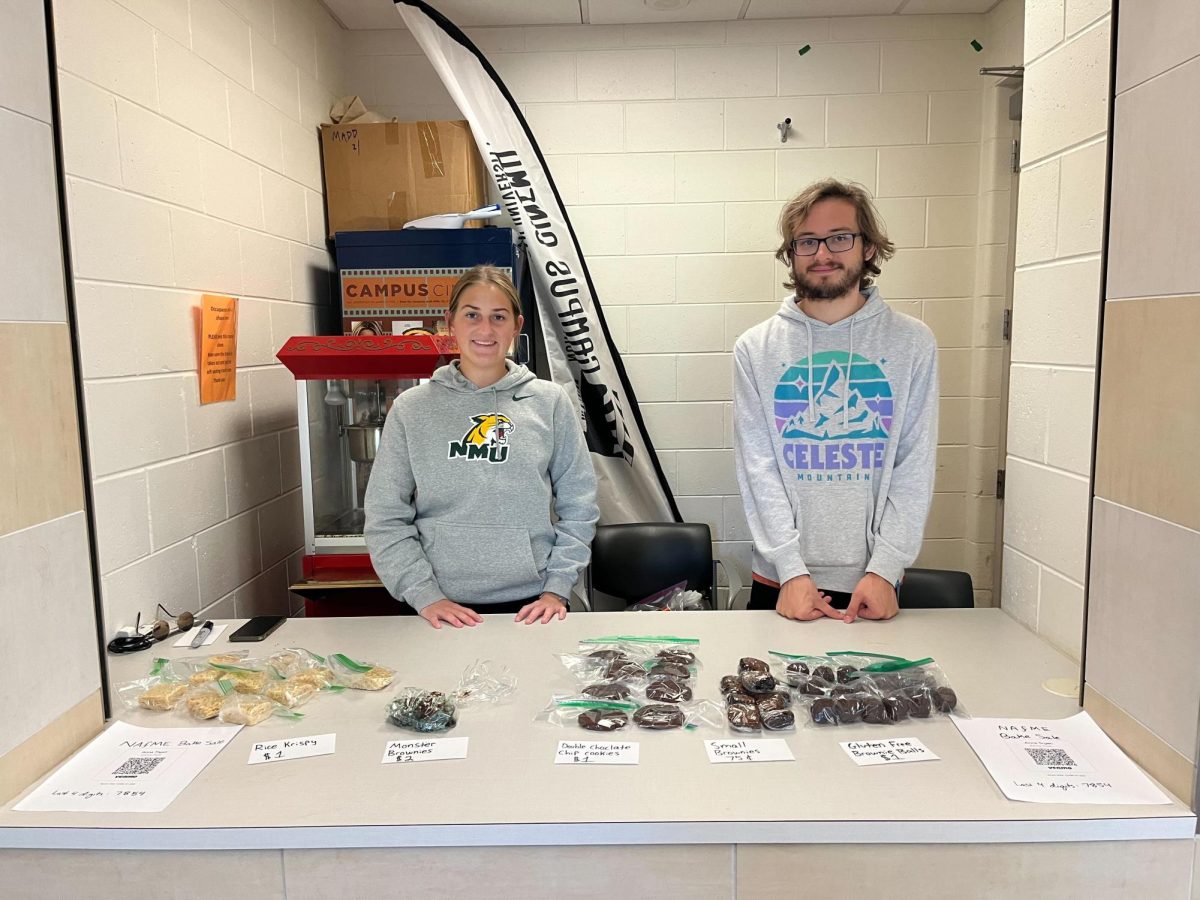With much debate continuing to focus on the merits of getting vaccinated against the flu, here is something to consider: refusing to get vaccinated might be morally wrong.
I’ve recently become convinced this is true. Let me explain.
While no one particularly likes getting shots, the flu shot is not much of a burden. The cost of the vaccine is fully covered by most health plans; if not, it is usually just a small co-pay.
The vaccines are also incredibly safe: no one has ever died and serious allergic reactions are incredibly rare.
The costs of getting vaccinated are pretty minimal.
It is true that many people report getting a shot and then getting the flu; they then think the shot caused it.
However, since the shots take up to 14 days to take effect and the virus in the vaccines is completely dead, what really happens in these cases is that you came down with the flu before the immunity from the vaccine could stop it.
Hard luck, but it is not the vaccine’s fault.
On the other hand, even though the vaccine only provides protection against three strains of flu a year and is not completely effective (not everyone who gets vaccinated gets the same amount of immunity), the potential upside is really large.
Getting the flu is dangerous — the World Health Organization estimates between 250,000 and 500,000 worldwide deaths per year.
The flu also worsens other chronic health problems, including asthma, heart disease and diabetes and can lead to serious complications like dehydration or bacterial pneumonia.
Of course, most of the people who die from the flu (or get serious complications) are not college students, faculty or staff, all of whom are generally healthier than much of the rest of the population.
It is easy to think that each of our chances of getting the flu is pretty low. Even if we get it, we’ll probably recover with no problem. So there’s no harm in waiting for next year to begin getting vaccinated, we think.
Even if the benefits of getting vaccinated outweigh the personal costs, it’s still a bother to do so. That’s a big reason many of us don’t do it.
This line of thought misses the most important issue: the effect that your flu vaccine has on other people.
To take the simplest case, if you get the flu shot but your roommate doesn’t, she still benefits from your immunity.
After all, if you can fight off those three strains of the flu then her chance of picking them up from you will be almost eliminated.
Similarly, if all your friends were to get vaccinated, your chances of picking up the flu from them would go way down, even if you didn’t personally get the vaccine.
Now consider other people who might catch the flu, in particular children and elderly people. Both groups are at much higher risk of getting and then dying from the flu.
Even if the vaccine only protects against three strains, both groups have a great incentive to get it. But unfortunately, both are also less likely to develop robust immunity as a result of the flu vaccine.
That means that the chances of a very young or very old person getting the flu has far more to do with the people with whom they interact.
The more people they are in contact with who have been vaccinated, the less their risk of serious disease or death. If most of the people they interact with have not been vaccinated, their risk of harm is much greater.
It is not just a question about convenience or inconvenience for you, it’s a question of how much of a risk you pose to others.
Unvaccinated, we pose a greater risk of passing along a potentially life-threatening disease, especially to vulnerable populations.
Vaccinated, we pose a significantly lesser risk.
When thinking about getting vaccinated, we need to think more about the larger social costs and benefits than just the minor inconvenience to ourselves.
Do we want to be less of a threat to others, or more of one? Whether we get that little shot has much bigger implications than just a small stick.
Editor’s Note: Dr. Zac Cogley is an assistant professor of philosophy at NMU.
The Professor’s Corner is a weekly column in The North Wind. Professors interested in appearing in The North Wind should contact the opinion editor at [email protected]























